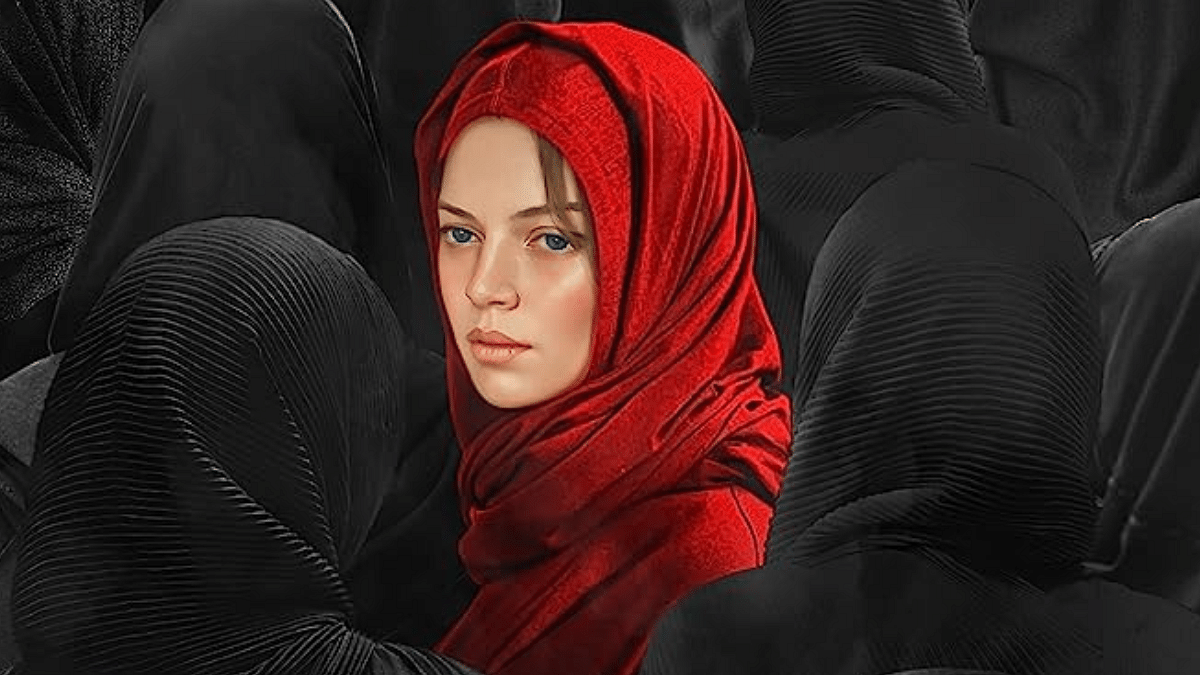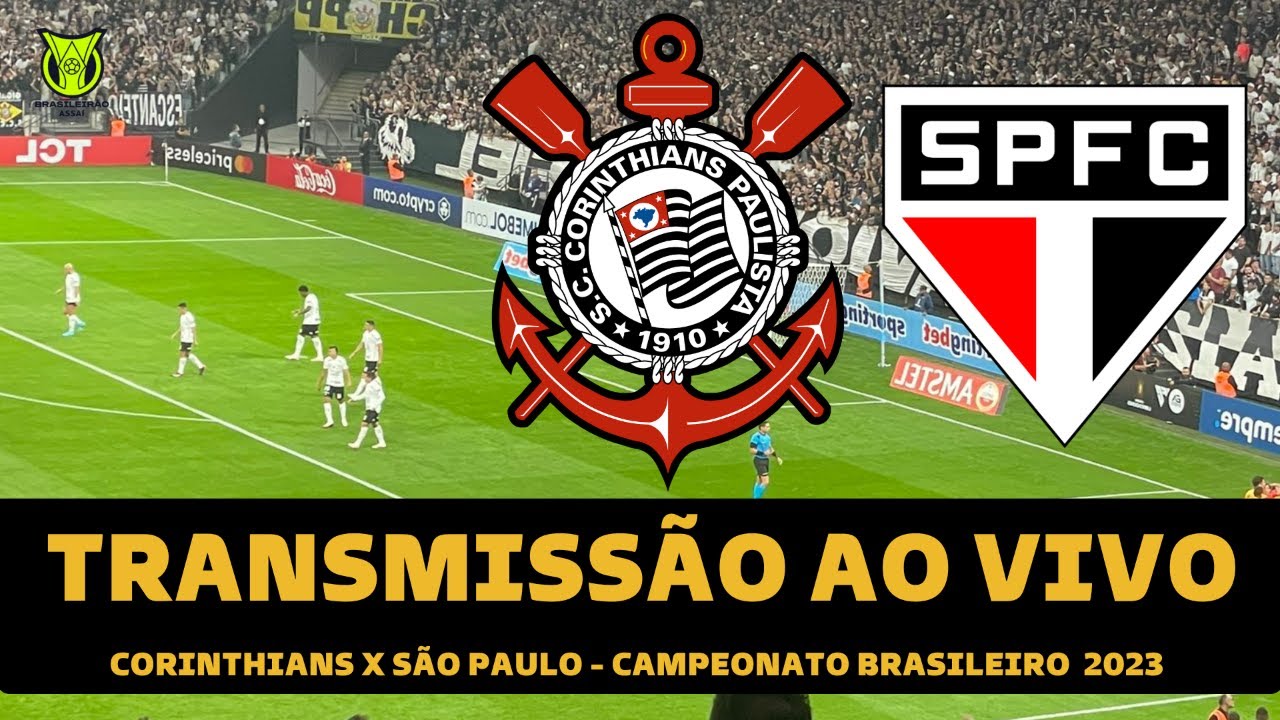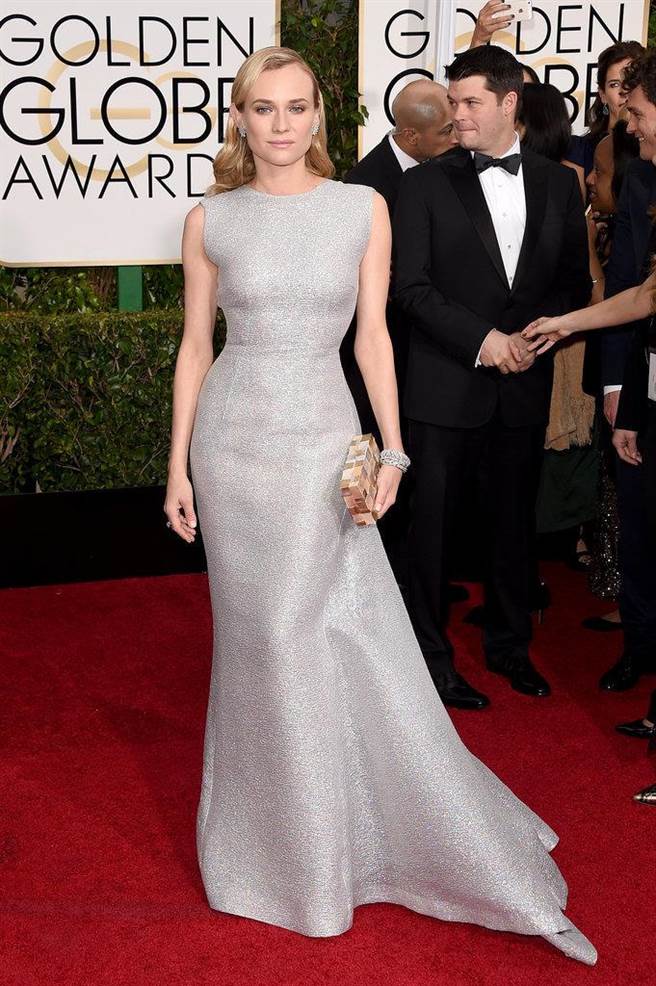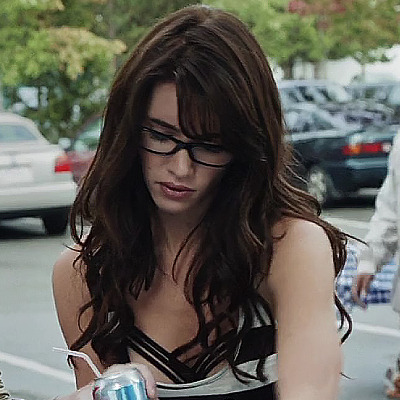Marvel's Quality Control: Addressing Criticism Of Recent Films And Series

Table of Contents
Storytelling Inconsistencies and Pacing Issues
One major criticism leveled against recent MCU projects revolves around storytelling inconsistencies and pacing problems. Many feel that narratives are rushed, leading to plot holes and underdeveloped storylines. Thor: Love and Thunder, for example, felt by some critics to be too comedic and lacking the emotional depth of previous Thor installments. Similarly, She-Hulk: Attorney at Law faced criticism for its episodic nature and inconsistent tone, while Doctor Strange in the Multiverse of Madness was seen by some as overly reliant on spectacle over substance.
- Lack of sufficient character development: The rapid expansion of the MCU means less time dedicated to individual character arcs, resulting in underdeveloped storylines and a feeling of superficiality.
- Over-reliance on fan service: The desire to please existing fans sometimes overshadows coherent storytelling. Cameos and references, while exciting, can distract from the main narrative.
- Pacing issues: Some projects feel too fast-paced, leaving little time for emotional connection, while others drag, resulting in a loss of momentum.
- Inconsistent tone and style: The wide variety of projects under the MCU umbrella results in inconsistencies in tone and style, making the overall cinematic experience feel fragmented.
Character Development and Diminished Depth
Another key area of concern is the perceived decline in character development. The sheer volume of content released means individual character arcs often feel rushed or incomplete. Beloved characters, once celebrated for their depth and complexity, appear to be reduced to archetypes serving the overarching MCU narrative.
- Incomplete character arcs: Several characters, like Jane Foster's Thor in Thor: Love and Thunder, felt underdeveloped and their arcs unresolved.
- Focus on overarching narrative: The prioritization of the overarching MCU storyline often overshadows the individual stories of its characters, leading to a sense of character fatigue.
- Character fatigue: Viewers may be experiencing "character fatigue," overwhelmed by the sheer number of heroes and storylines, making it difficult to connect emotionally.
Over-Saturation and Creative Fatigue
The relentless release schedule of new MCU content raises concerns about creative burnout. The pressure to deliver consistent, high-quality content at such a rapid pace might lead to rushed productions and compromises in creative decisions.
- Rushed production: Evidence suggests that some projects may have suffered from rushed production, resulting in lower quality visuals, weaker scripts, or underdeveloped storylines.
- Comparison to earlier phases: Many fans compare the earlier phases of the MCU, noting a perceived higher level of care and attention to detail in those projects.
The Role of Fan Expectations and Nostalgia
High expectations and nostalgia play a significant role in audience reception. The early MCU films set a high bar, and the inevitable comparison to these earlier successes can influence how viewers perceive newer projects.
- Evolution of fan expectations: Fan expectations have evolved over time, with a demand for more complex and nuanced storytelling.
- Nostalgia bias: Nostalgia can cloud judgment, making it difficult to objectively assess the quality of recent releases.
- Valid vs. sentimental criticism: It's crucial to distinguish between valid criticisms of storytelling and production and criticisms rooted in sentimental attachment to earlier MCU projects.
Potential Solutions for Improved Marvel's Quality Control
Improving Marvel's quality control requires a multi-pronged approach. Prioritizing quality over quantity is paramount.
- Enhanced storytelling and character development: Invest more time and resources in crafting well-developed storylines and character arcs, ensuring emotional depth and compelling narratives.
- Strategic release schedule: Implementing a more strategic release schedule will allow for better planning and more time for development, avoiding rushed productions.
- Cohesive creative vision: A clearer, more cohesive creative vision across all projects is vital to ensure consistency in tone, style, and overall quality.
Conclusion
The criticisms surrounding Marvel's quality control highlight the challenges of maintaining consistent excellence in a sprawling cinematic universe. Storytelling inconsistencies, underdeveloped characters, and the potential for creative fatigue are all significant factors impacting audience perception. Addressing these issues requires a renewed focus on quality over quantity, a more strategic release schedule, and a stronger, more cohesive creative vision. What are your thoughts on Marvel's quality control? Share your opinions in the comments section below – let's discuss the future of the MCU and how to improve Marvel's quality control moving forward!

Featured Posts
-
 Jogo Do Corinthians Hoje Informacoes Completas Sobre A Partida Contra O Sao Bernardo
May 05, 2025
Jogo Do Corinthians Hoje Informacoes Completas Sobre A Partida Contra O Sao Bernardo
May 05, 2025 -
 Ufc 314 Fight Card Official Order Change Announced
May 05, 2025
Ufc 314 Fight Card Official Order Change Announced
May 05, 2025 -
 Icon
May 05, 2025
Icon
May 05, 2025 -
 Final Destination 5 Box Office Projected 30 M Opening Weekend
May 05, 2025
Final Destination 5 Box Office Projected 30 M Opening Weekend
May 05, 2025 -
 Stanley Cup Ratings Decline Impact Of International Competition And Other Factors
May 05, 2025
Stanley Cup Ratings Decline Impact Of International Competition And Other Factors
May 05, 2025
